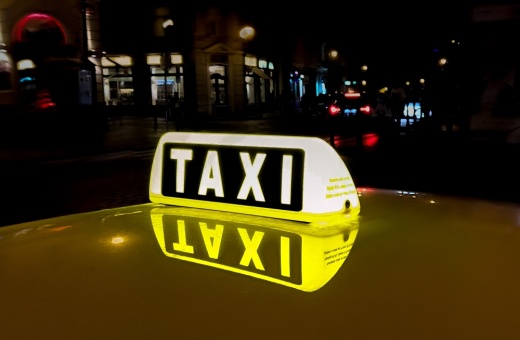In a 10-0 vote, with Mayor Steve Adler absent, council eliminated franchise requirements for Austin taxi companies in favor of new operating authority requirements. They also asked staff to bring recommendations by May 1 for how cabs could be moved closer to the Austin-Bergstrom International Airport arrival terminal.
Possible airport pickup relocation
The cab pickup area is located within the parking garage at ABIA. Council Member Kathie Tovo led the call to move them to the curb adjacent to the arrival terminal.
“I think we are creating a disincentive for people to use cabs," Tovo said. "I think we are adding to the problems that the cab industry is having.”
Austin Aviation Director Jacqueline Yaft said cabs were moved into the garage due to congestion issues. She said with airport improvements and record passenger counts, moving them back to the pickup lane would be difficult.
Tovo said she was in favor of leaving the pickup zone for rideshares in the garage, but feels cabs need to be relocated to help bolster their business. Tovo and other councilors said cabs are important to the city because they offer more accessibility than rideshares for some individuals.
Approved regulation changes
The resolution approved a change that puts taxi regulations in line with those of every other vehicle-for-hire service in town, such as limos, charter vans and pedicabs. Moving from a franchise model to an operating authority model will allow cab businesses more flexibility to operate in town, according to city staff. Benefits to working under an operating authority model instead of a franchise model include speedier approvals from the city, the ability to scale or pause operations as needed, and similarities to other permitted services and programs.
Cab companies first began operating in Austin in the early 1930s under an operating authority model. However, taxis were determined to be public utilities in 1950 and shifted to the franchise model that has been in place ever since. Staff said the operating authority model also matches the systems in place in every other large Texas city and is supported by the Austin Transportation Department, the Urban Transportation Commission and a majority of local cab drivers surveyed about the update. The code update comes as the local taxi industry is seeing its lowest performance in recent years, in part due to competition from ridesharing companies and other transit options. The number of taxis traveling Austin’s streets has plunged since Uber and Lyft began operating locally, from a total of 1,016 cabs in fiscal year 2018-19 to just 220 in FY 2020-21, according to ATD data. The number of rides those vehicles made has also fallen off, from well over 3 million in FY 2016-17 to less than 250,000 in FY 2020-21.
Austin is home to three taxi franchise operators: ATX Co-op Taxi, Central City Taxi and Yellow Cab, which has been transitioning its franchise to zTrip. Past operators Lone Star Cab and Longhorn Taxicab Co. shuttered during the pandemic in 2020.





